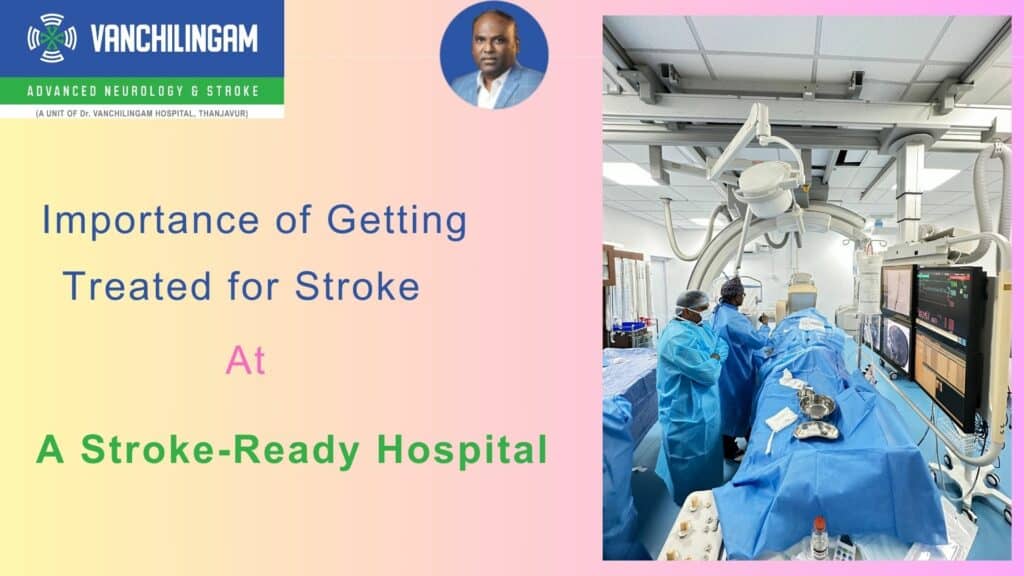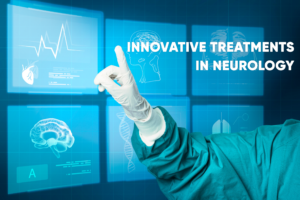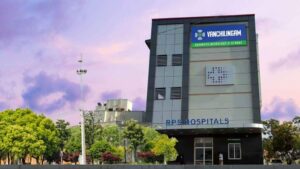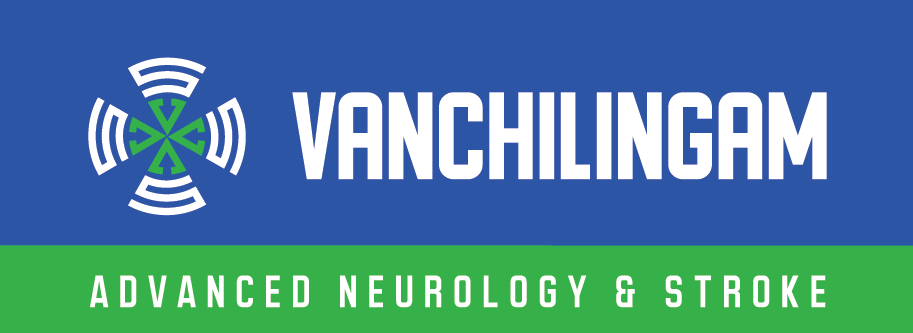When a stroke strikes, every minute counts. The promptness and quality of care you receive can make the difference between a full recovery and long-term disability. That’s why getting treated at a stroke-ready hospital is crucial. In this blog, we’ll explore what makes a hospital stroke-ready, the steps to manage a stroke, and why Vanchilingam Advanced Neurology and Stroke Hospital in Chennai stands out as a top choice.
What Is a Stroke-Ready Hospital?
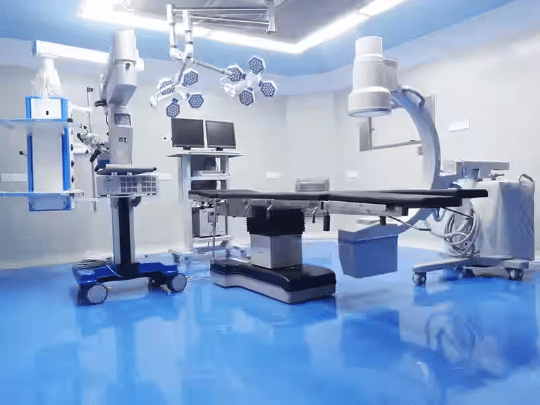
A stroke-ready hospital is equipped to handle acute stroke emergencies with a comprehensive approach. The hospital is prepared to quickly assess, diagnose, and treat strokes using specialized protocols and advanced technologies. The effectiveness of stroke treatment depends significantly on the hospital’s readiness and expertise.
Why Is Immediate Treatment Crucial?

Time is of the essence when someone has a stroke.Stroke treatment needs to begin as quickly as possible to minimize brain damage and improve recovery outcomes. According to the American Stroke Association, “For every minute that treatment is delayed, about 1.9 million neurons are lost.” This statistic underscores the importance of rapid intervention.
How a Stroke-Ready Hospital Manages a Stroke ?

Here’s a detailed look at the processes involved in treating a stroke at a stroke-ready hospital:
- Rapid Assessment and Diagnosis
When a patient arrives at a stroke-ready hospital, the first step is a rapid assessment to determine the nature and severity of the stroke. This typically involves:
- Initial Evaluation: Medical staff perform a quick assessment of the patient’s symptoms, medical history, and current condition. Symptoms of stroke include sudden numbness, confusion, difficulty speaking, and severe headache.
- Imaging Tests: Advanced imaging techniques such as CT scans or MRI are used to visualize the brain and identify the type of stroke. CT scans help determine if there is bleeding in the brain, while MRI provides detailed images of brain tissue to detect ischemic strokes.
- Specialized Stroke Protocols
Once the diagnosis is confirmed, the hospital follows specific protocols tailored to the type of stroke:
- Ischemic Stroke occurs when a blood clot blocks blood flow to the brain. Treatment often involves administering thrombolytics (clot-busting drugs) within a specific time window. The stroke-ready hospital may also use mechanical thrombectomy, a procedure to physically remove the clot.
- Hemorrhagic Stroke: This type is caused by bleeding in the brain. Treatment focuses on controlling the bleeding and managing the pressure within the skull. Surgical interventions may be necessary to repair blood vessels or relieve pressure.
- Multidisciplinary Approach
A stroke-ready hospital employs a multidisciplinary team to provide comprehensive care:
- Neurologists: Specialists in brain and nervous system disorders who lead the diagnosis and treatment of stroke.
- Neurosurgeons: Surgeons who handle cases requiring surgical intervention, particularly in hemorrhagic strokes.
- Rehabilitation Therapists: Experts in physical, occupational, and speech therapy who work with patients during recovery to regain lost functions.
- Post-Stroke Care and Rehabilitation
Post-stroke care is crucial for recovery and involves:
- Monitoring and Management: Continuous monitoring to manage complications and adjust treatments as needed.
Rehabilitation: Customized rehabilitation programs designed to help patients regain their abilities and improve quality of life. Physical therapy, occupational therapy, and speech therapy may be included in this.
Real-Time Data and Statistics
The importance of receiving timely and effective stroke care is supported by numerous studies. For instance:
- Early Treatment: Research shows that thrombolytic therapy can reduce disability by about 30% if administered within 3 to 4.5 hours of stroke onset.
- Rehabilitation Success: Studies indicate that patients who receive specialized stroke rehabilitation have a higher chance of functional recovery and better overall outcomes.
Vanchilingam Advanced Neurology and Stroke Hospital: A Leader in Stroke Care
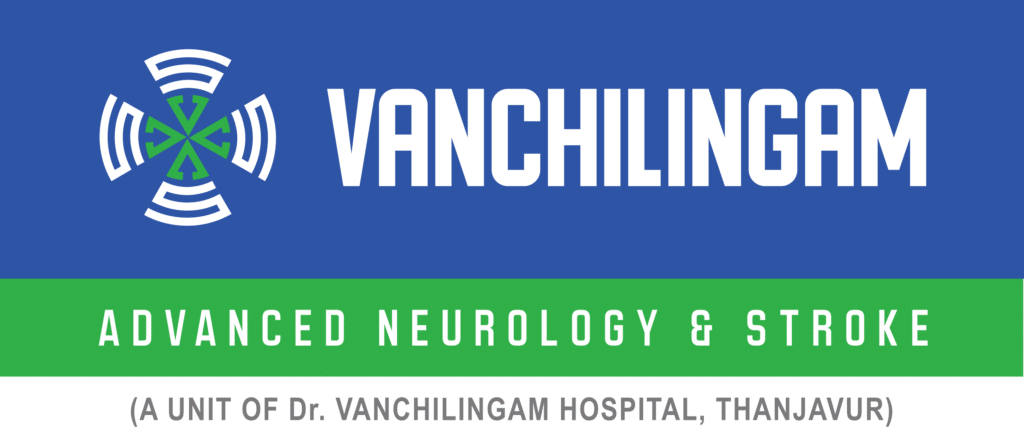
Regarding stroke-ready hospitals, Vanchilingam Advanced Neurology and Stroke Hospital in Chennai stands out as a premier facility. Located conveniently in Chennai, this hospital is renowned for its expertise in managing both ischemic and hemorrhagic strokes. Here’s why Vanchilingam Advanced Neurology and Stroke Hospital is a top choice:
- Advanced Technology: The hospital has the latest imaging and treatment technologies to ensure precise diagnosis and effective treatment.
- Expert Team: The hospital’s team of highly skilled neurologists, neurosurgeons, and rehabilitation specialists provides comprehensive care from initial assessment through rehabilitation.
- Fast and Efficient Care: The hospital follows rigorous protocols to ensure timely treatment, minimizing the risk of long-term disability and optimizing recovery outcomes.
In conclusion, receiving treatment at a stroke-ready hospital like Vanchilingam Advanced Neurology and Stroke Hospital can significantly impact your recovery and quality of life. Rapid assessment, specialized treatment, and expert care are essential in managing strokes effectively. If you or a loved one is facing a stroke, remember that immediate and specialized care is key to a better recovery.


